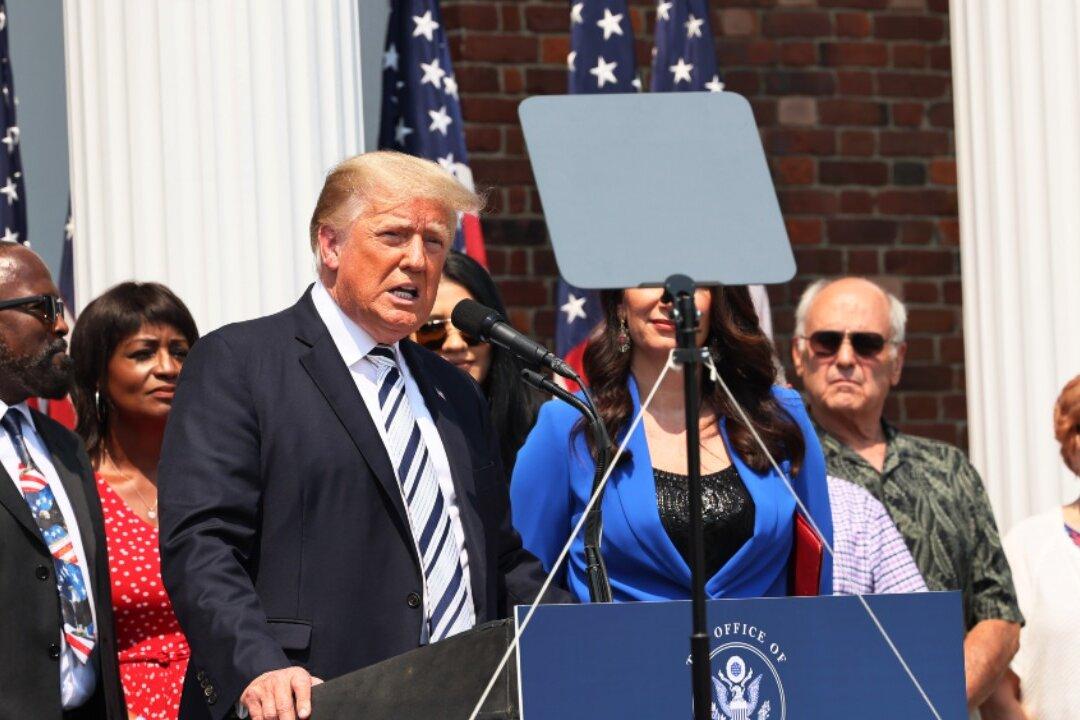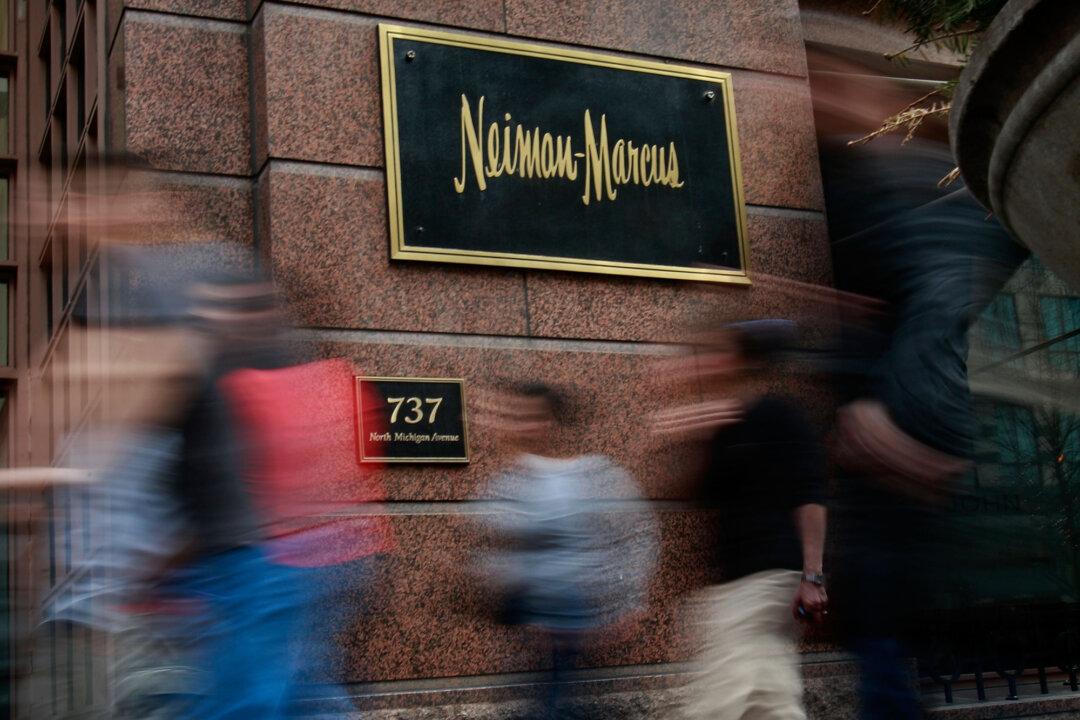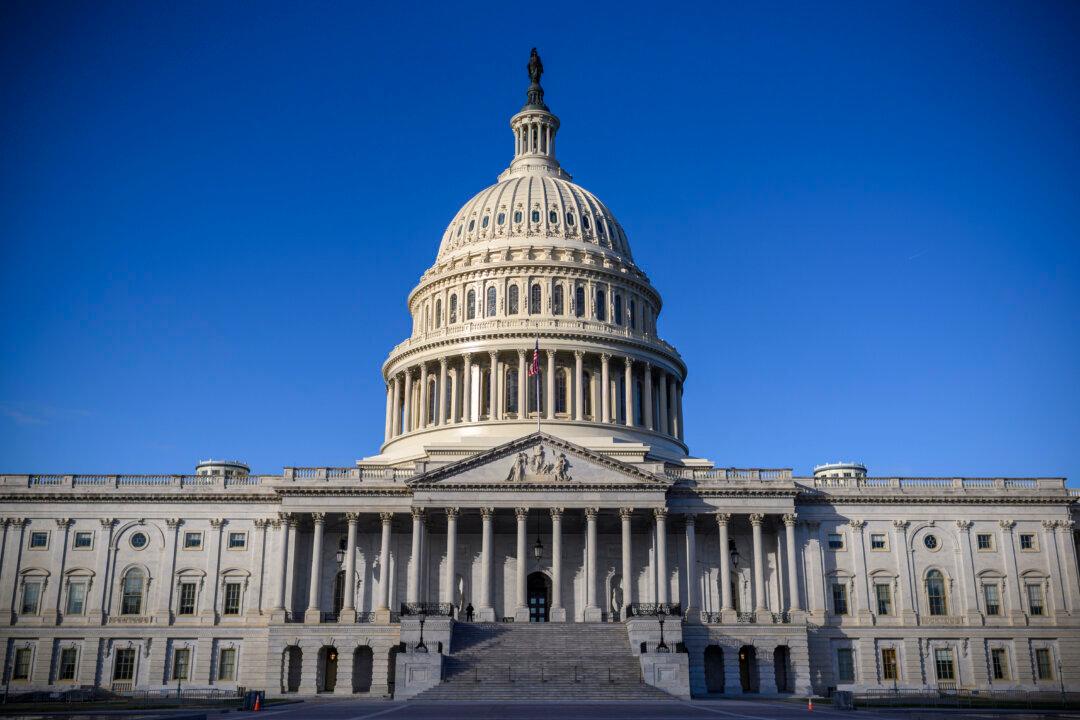The Chinese Communist Party (CCP) manages the narrative that it represents the people of China and the nation, but in fact, it only functions for a few leaders within the regime, said Gen. Robert Spalding, a former senior strategist in the Trump administration’s National Security Council, and retired Air Brigadier General.
Spalding gave his insight into the CCP’s operations and influence in an interview with NTD’s “Focus Talk.”



